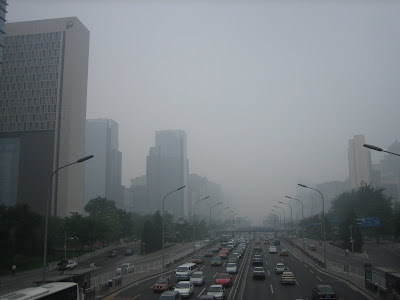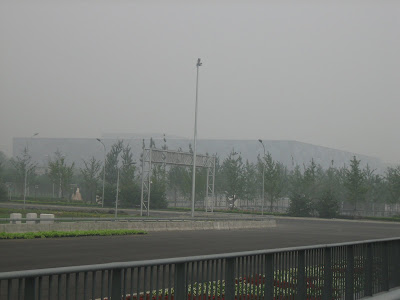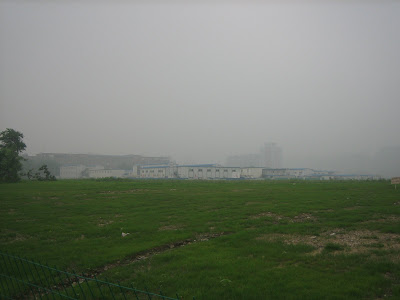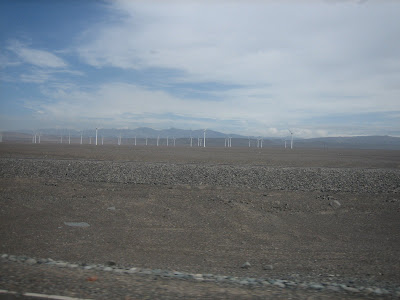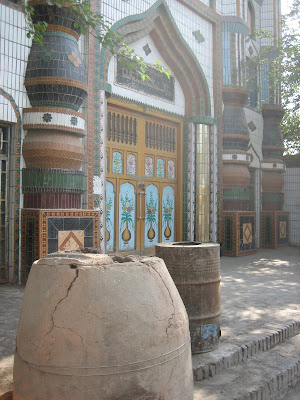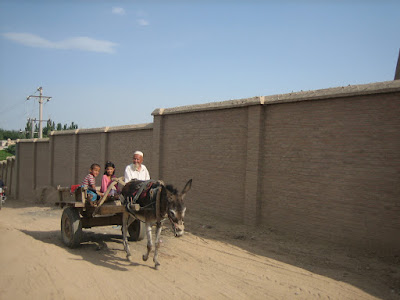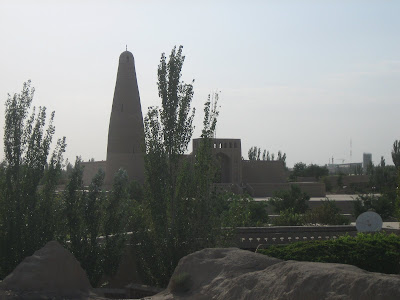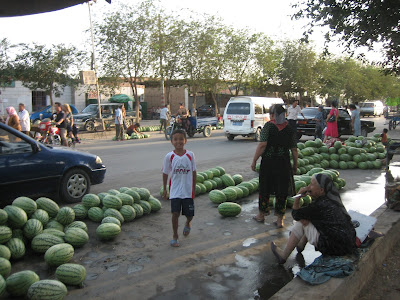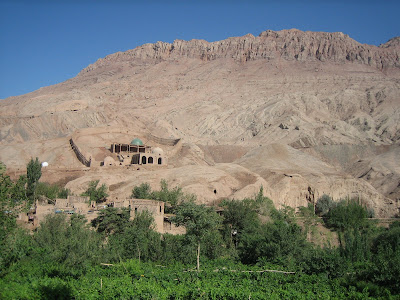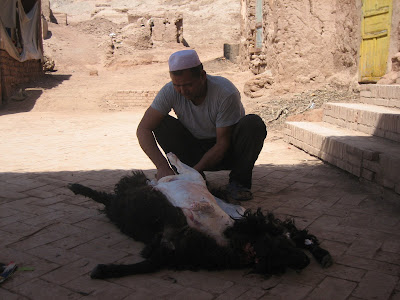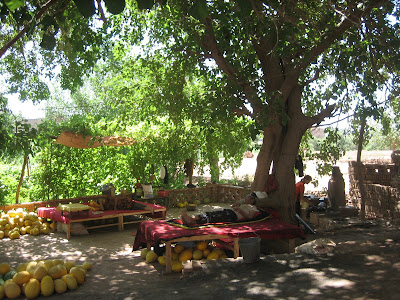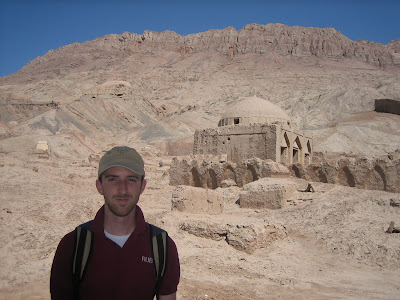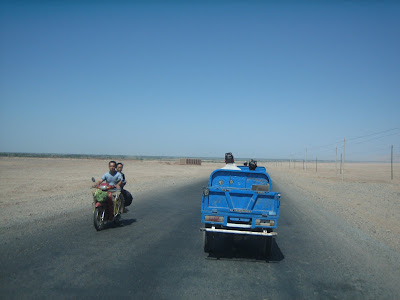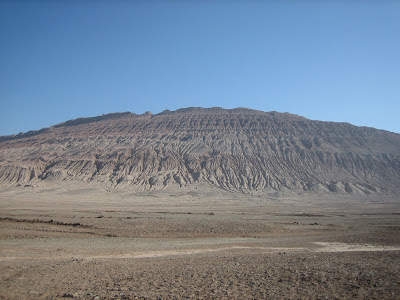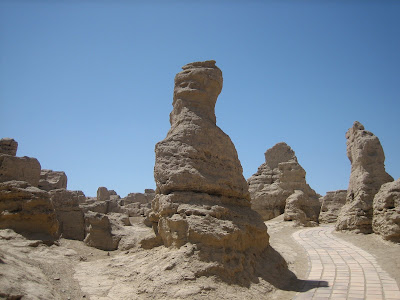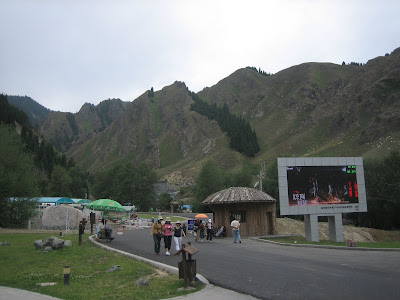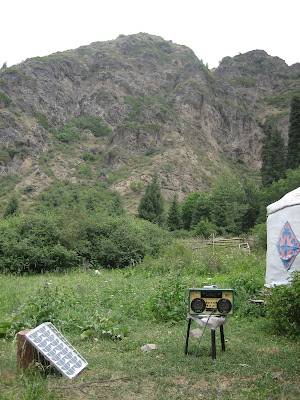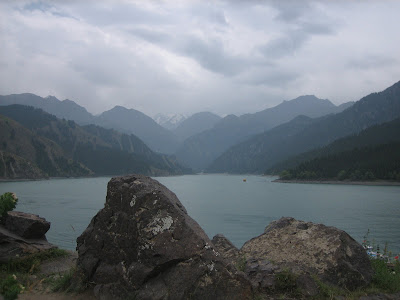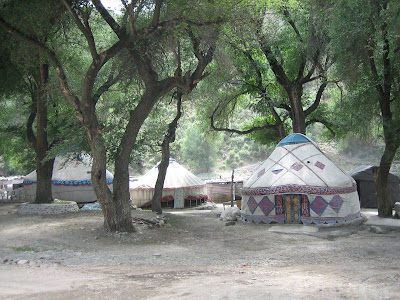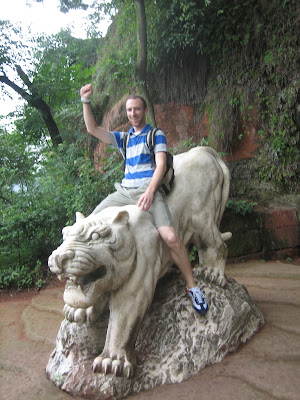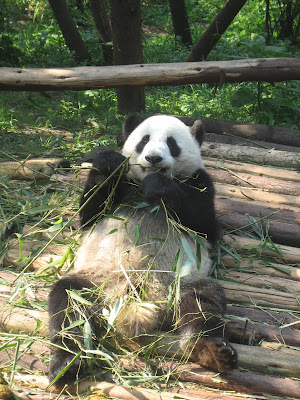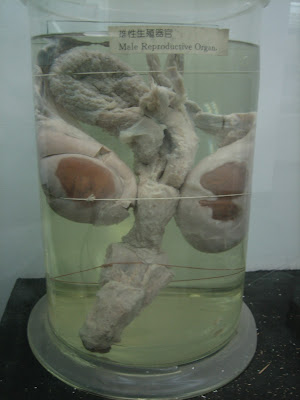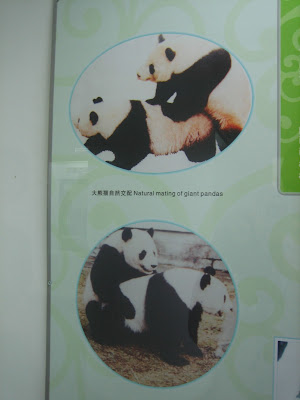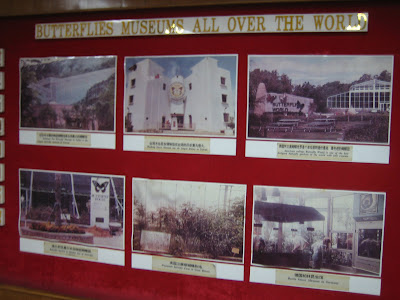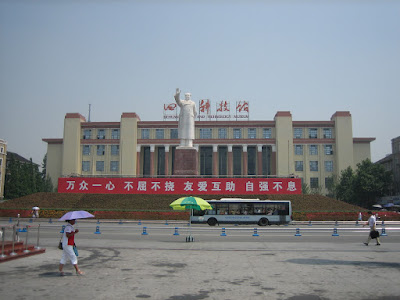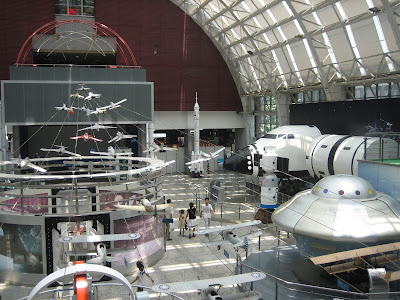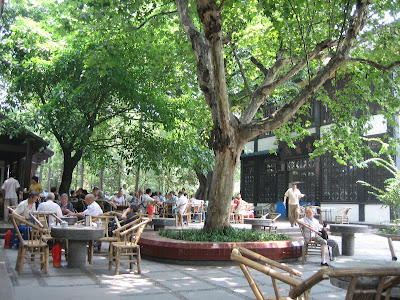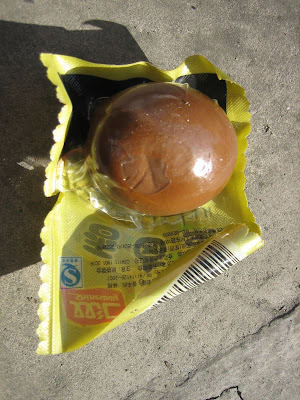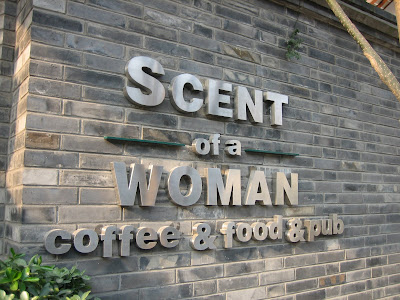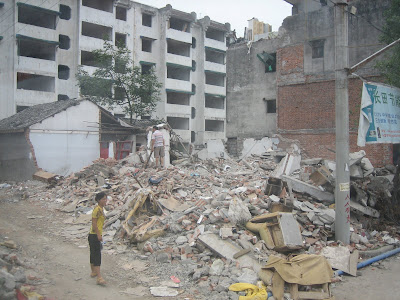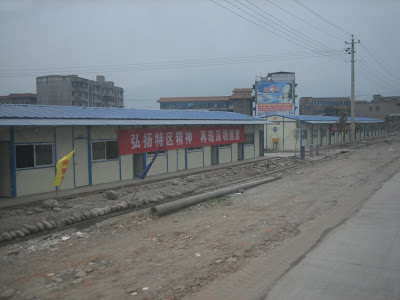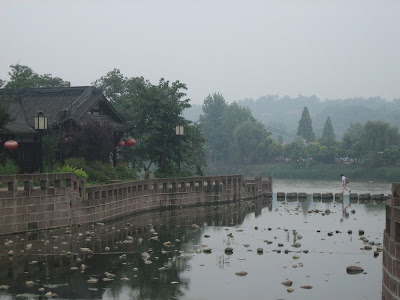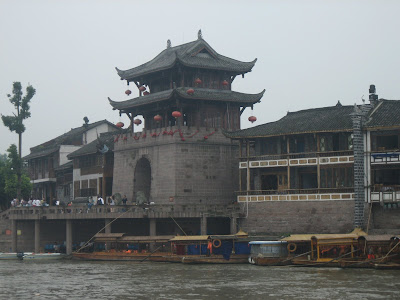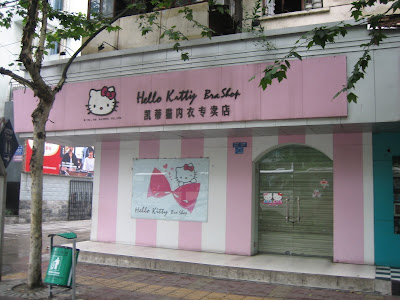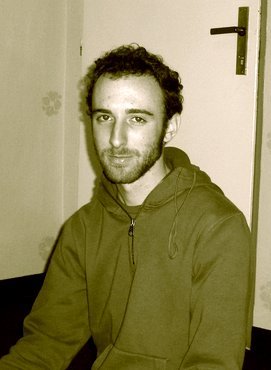Keepin' On Rollin'
Quite a bit of time has passed since my last update, though little of note has happened. My meetings in Shenzhen and Hong Kong did go off without a hitch, and both of them proved pretty useful. After spending yet another rainy day in Hong Kong, I made the flight to Hangzhou, where I was to have one of the last of my meetings. Well, one thing I've had drilled into my head this trip was that I can't count on anything to be an absolute certainty in China, so when push came to shove, the professor I was supposed to meet in Hangzhou decided that he couldn't meet after all, and he just simply stopped responding to my emails. NICE. Nothing more enjoyable than flying to a city for no reason.
I did visit a friend from Vanderbilt while in Hangzhou, and my Chinese professor from uni happened to be in town, so I was able to have dinner with her. She was intimidating woman from the time I met her, so I had actually been dreading the chance of running into her back at Vanderbilt this fall; I was one of her most promising students when I took her class, she let me know, and I thought she had always been disappointed by my decision not to enroll for the second semester; add to that the fact that I had lived in China for a year, and I thought I was doomed to remain a disappointment in her eyes, as there was no way I could have lived up to her expectations without studying Chinese diligently while living here. Well, I guess most of my fears were unfounded. My Chinese is still something I'd like to improve, but we talked for two hours in Chinese before switching to a mix of Chinese and English, and she told me she was pretty happy with my speaking level; we may even meet informally when I return to Vanderbilt so that I can have some practice every now and then.
After a couple of days in Hangzhou, which is known across China for its centrally-located West Lake (Xihu) that proves a nice area in which to relax, I took the train back to Jiaxing, where I slept my first few nights this trip. Julie's sister, Jamie, had arrived from Korea, on her way to Vietnam before coming back to live in China, so I thought it would be nice to take some day trips around Shanghai (and hopefully have one more meeting with an NGO that had warmly invited me to visit them this summer, but we all know how that ended up) with her. Unfortunately, I got quite sick the second day I was there and had to spend the next 4-5 days on the couch. The first day I felt like traveling again also happened to be the day Jamie departed for Vietnam, so I probably didn't leave the best impression. I learned how to say "constipation (a secondary symptom) in Chinese, and I pantomimed my way through "non-oral medication". A few days later I had to return to the pharmacist to get some medication for Julie's sore throat and ears, and I had to make extra sure that he did not think the two conditions were related.
Hangzhou's Xihu (and pollution):

Part of Rory and Julie's apartment complex in Jiaxing:

Old town in Jiaxing:

This past Saturday, I departed Shanghai again for Weihai, where I lived for the year in 2006-2007. Most of my friends have moved away, but the ones that remain were some of my best friends in China, so it was still a much-anticipated trip, as I'd also have the opportunity to relax on the beach for a few days. Indeed, I have done a lot of relaxing, though most of it has occurred indoors since the weather has been unseasonably cool and wet. A few of the places I had hoped to visit have closed in the year I've been gone, including my favorite massage place, so I need to fine a new place willing to give me a 90-minute massage for $7. I have enjoyed the Korean spas a couple of times, and former students have invited me for dinner a couple of times. It's hard to believe that I have only three more nights in China, and then I'll be back in the US, ready to start the whirlwind of a month that will see me make the move again from Atlanta to Nashville.
I did visit a friend from Vanderbilt while in Hangzhou, and my Chinese professor from uni happened to be in town, so I was able to have dinner with her. She was intimidating woman from the time I met her, so I had actually been dreading the chance of running into her back at Vanderbilt this fall; I was one of her most promising students when I took her class, she let me know, and I thought she had always been disappointed by my decision not to enroll for the second semester; add to that the fact that I had lived in China for a year, and I thought I was doomed to remain a disappointment in her eyes, as there was no way I could have lived up to her expectations without studying Chinese diligently while living here. Well, I guess most of my fears were unfounded. My Chinese is still something I'd like to improve, but we talked for two hours in Chinese before switching to a mix of Chinese and English, and she told me she was pretty happy with my speaking level; we may even meet informally when I return to Vanderbilt so that I can have some practice every now and then.
After a couple of days in Hangzhou, which is known across China for its centrally-located West Lake (Xihu) that proves a nice area in which to relax, I took the train back to Jiaxing, where I slept my first few nights this trip. Julie's sister, Jamie, had arrived from Korea, on her way to Vietnam before coming back to live in China, so I thought it would be nice to take some day trips around Shanghai (and hopefully have one more meeting with an NGO that had warmly invited me to visit them this summer, but we all know how that ended up) with her. Unfortunately, I got quite sick the second day I was there and had to spend the next 4-5 days on the couch. The first day I felt like traveling again also happened to be the day Jamie departed for Vietnam, so I probably didn't leave the best impression. I learned how to say "constipation (a secondary symptom) in Chinese, and I pantomimed my way through "non-oral medication". A few days later I had to return to the pharmacist to get some medication for Julie's sore throat and ears, and I had to make extra sure that he did not think the two conditions were related.
Hangzhou's Xihu (and pollution):

Part of Rory and Julie's apartment complex in Jiaxing:

Old town in Jiaxing:

This past Saturday, I departed Shanghai again for Weihai, where I lived for the year in 2006-2007. Most of my friends have moved away, but the ones that remain were some of my best friends in China, so it was still a much-anticipated trip, as I'd also have the opportunity to relax on the beach for a few days. Indeed, I have done a lot of relaxing, though most of it has occurred indoors since the weather has been unseasonably cool and wet. A few of the places I had hoped to visit have closed in the year I've been gone, including my favorite massage place, so I need to fine a new place willing to give me a 90-minute massage for $7. I have enjoyed the Korean spas a couple of times, and former students have invited me for dinner a couple of times. It's hard to believe that I have only three more nights in China, and then I'll be back in the US, ready to start the whirlwind of a month that will see me make the move again from Atlanta to Nashville.
